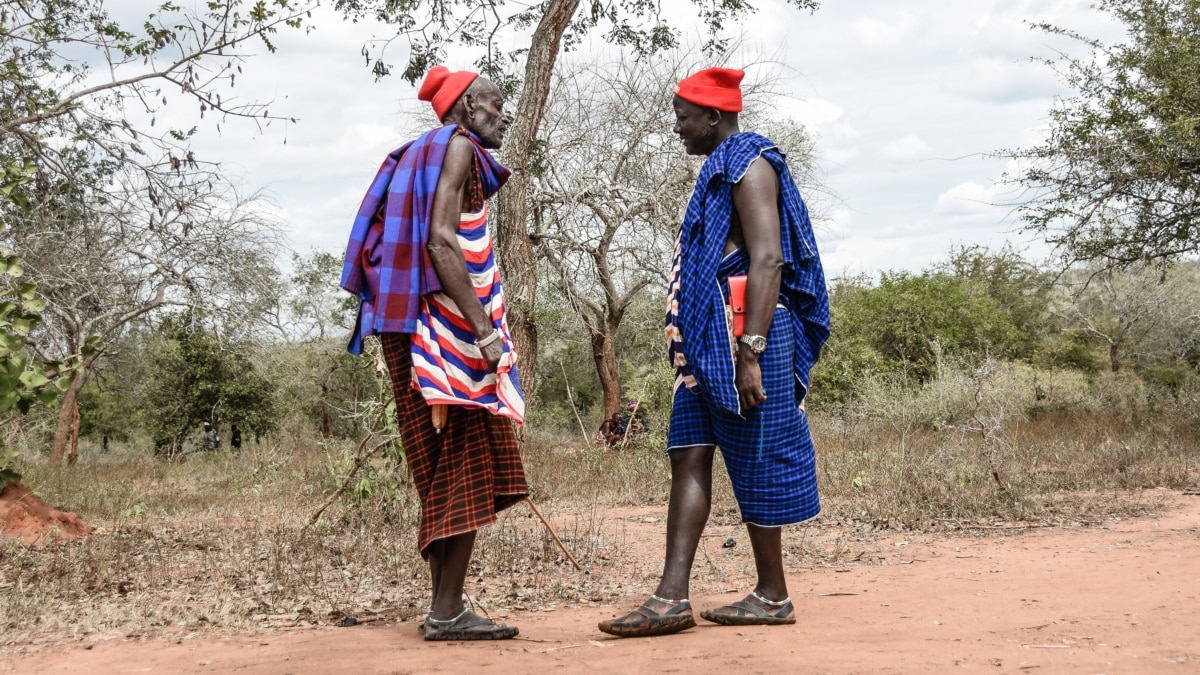This website uses cookies so that we can provide you with the best user experience possible. Cookie information is stored in your browser and performs functions such as recognising you when you return to our website and helping our team to understand which sections of the website you find most interesting and useful.


Tanzanian authorities have started rationing electricity because of a drop in hydropower generation brought on by drought, the national provider said Wednesday, with some areas set to suffer nine-hour outages.
The East African nation has the capacity to generate nearly 1,695 megawatts through hydropower, natural gas and other means.
But it is facing a shortage of 300 to 350 megawatts, Tanzania Electric Supply Company Limited (Tanesco) managing director Maharage Chande said.
"There are two major reasons which have caused the shortages in generation: prolonged drought and ongoing maintenance in some of our plants," Chande told reporters in the commercial capital, Dar es Salaam, on Wednesday.
The affected plants include Kihansi in southeast Morogoro region, whose capacity has fallen from 180 megawatts to 17 megawatts, he said.
"Water levels have decreased in most sources, forcing our plants to generate below their capacity," Chande said.
The country is trying to increase its hydropower capacity, including through the construction of the controversial Julius Nyerere dam project in the Selous Game Reserve, which is expected to produce 2,100 megawatts once operational.
Tanzania, like its East African neighbors, has been experiencing poor rainfall and delayed monsoons, leading authorities to impose water rationing in Dar es Salaam last month because of a drought-induced fall in water levels.
Kenya, Somalia and Ethiopia are in the grip of the worst drought in four decades after four failed rainy seasons wiped out livestock and crops.



 Africana55 Radio
Africana55 Radio 
